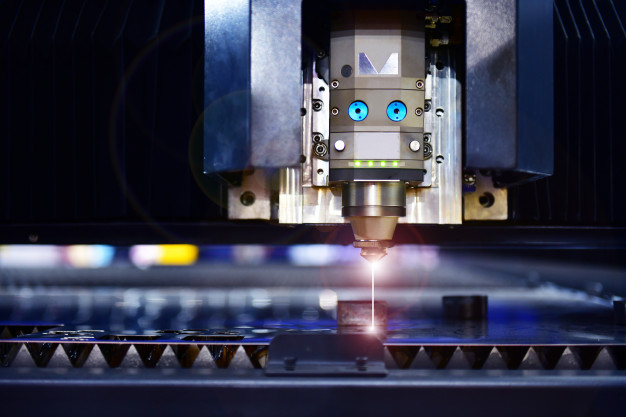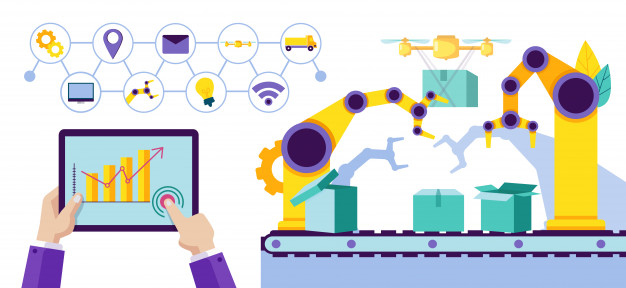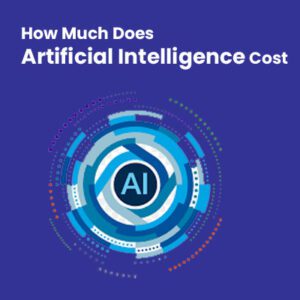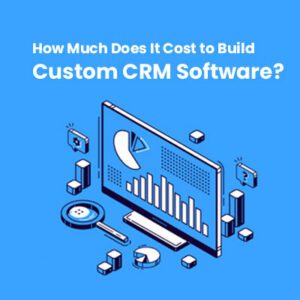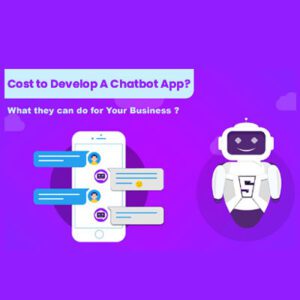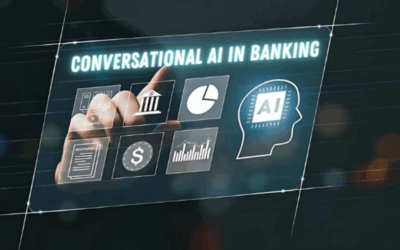How AI Technology Is Redefining the Manufacturing Industry?
AI Technology Is Redefining the Manufacturing Sector
Best Ways AI Is Improving Manufacturing In 2024
Artificial Intelligence technology has the power to automate and revolutionizing the entire manufacturing ecosystem. From automating routine tasks, prototype designs and development, robot deployment and maintenance, and supply chain automation to facility remote monitoring, everything can be automated seamlessly by implementing AI in manufacturing.
To be competitive with other manufacturing companies, organizations need to accelerate with AI transformation and speed up smart manufacturing operations. While it may sound intimidating, Artificial Intelligence in manufacturing is also exciting, and it doesn’t go away.
The below figure depicts the market growth of AI technology in manufacturing industry for a period of 2015 to 2025.
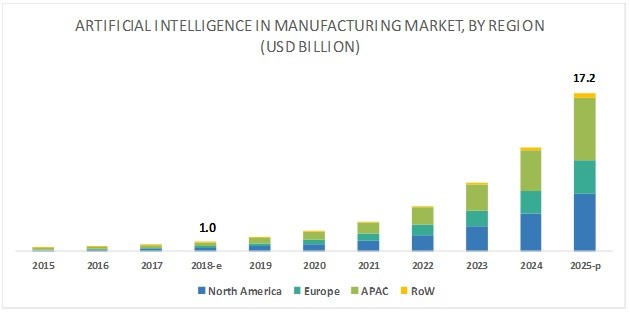
Source: Markets and Markets
Top AI Applications In Manufacturing Industry
How AI transforms manufacturing?
Let’s continue reading to know where AI is being applied in the manufacturing sector and how AI works in manufacturing. All the below AI use cases in manufacturing will ensure the best business outcomes to the companies. Let’s take a look at How AI technology redefining the manufacturing industry?
1.AI Virtual Assistants Bots
It is one of the best use cases of AI in manufacturing industry. AI virtual assistants better communicates with workforce, solve queries, perform assigned tasks, and offer personalized recommendations, etc. Using Natural Language Processing capabilities, AI manufacturing applications deliver human-like responses and executes every task faster, efficient with 100% accuracy.
2. Predictive Maintenance and Analytics
The best answer is predictive maintenance. Yes. Adoption of AI technology in manufacturing industry will assist manufacturers in monitor and analyze the device performance and predict the need of overhaul or maintenance services. Such automated process will prevent the equipment breakdowns and ensure efficient productivity. It is one of the top benefits of AI in manufacturing industry.
Using Artificial intelligence in manufacturing industry, Manufacturers can tracks operational efficacy and derives accurate predictions into maintenance.
Hence, Artificial Intelligence solutions processes device data, learns from experiences, identifies patterns, and finds out the possibilities of damages before the product hauls. This kind of AI applications in manufacturing industry will improve productivity and ensures lower maintenance costs.
3.Process Automation
Many routine tasks in a manufacturing plant will be automated with the trending AI. Intelligent AI applications in manufacturing industry will automate approximately 75% of routine tasks done by admins, managers, and operational department workforce.
From data entry, reports generation, employee monitoring, sales entries, order management, warehouse management, and inventory management to logistics and distribution operations data can be automated and virtually accessed through a centralized cloud platform. Hence, the importance of AI technology in manufacturing industry is paramount.
4. Facial Recognition Apps
Facial recognition is one of the core technology of AI. The use of AI in manufacturing industry for ensuring high-level security standards inside the production premises is on demand. In the manufacturing industry, AI applications with facial recognition capabilities can be used for quality and security purposes.

5. Fraud Detection
AI in manufacturing industry will be used for detecting fraudulent actions in the production, warehouse, and point of sales operations. Manufacturers can monitor identical anomalies to flag customer orders outside of normal patterns. The use of AI technology in manufacturing industry will also greatly helpful for organizations in monitoring the facilities and find irregular activities remotely.
These are the most popular and well-defined applications of AI in manufacturing. The future of artificial intelligence in manufacturing industries has bright scope and lets manufacturers grab the digital opportunities.
Also Recommended to Read: Use Cases of AI in Manufacturing
The Present State of AI Technology
Many industry scholars agree that AI has a big impact on all businesses, especially the manufacturing sector. IT service management company, Gartner said that by 2020, the number of users of advanced analytics platforms would be differentiated by increased data discovery capabilities, which will double the rate and double the business value”.
AI is embedded in several technologies, from networked supply chains using predictive analytics to ERP solutions with built-in-BI capabilities.
In a thought to give you a clear idea, here we are taking a reputed manufacturing company as an example, which has introduced AI to redefine manufacturing analytics.
Sight Machine Launched AI to Redefine Manufacturing Analytics
Sight Machine, a manufacturing Analytics Company, located in San Francisco, aims to disrupt the manufacturing industry by offering an Artificial intelligence-based manufacturing analytics platform that collects, improves and inspects information to acquire actionable insights and real-time visibility.
The company’s Factory TX platform provides manufacturers with the adaptability to obtain the data of machine from the cloud and production facilities. Their tool allows for quick deployment and centralized management of multiple industrial facility IoT data intake. Insights are generated in real-time and integrate device data, process quality data, and product data with installed Enterprise Resource Planning data and handled to produce important insights using Machine Learning and AI.
Benefits of Using AI in Sight Machine
The main advantage of AI in manufacturing is that it makes digital twin resources as well as procedures. Using AI, the plant management will track man, machine, material, and also process that drives ceaseless process development.
In addition, this platform helps in combining data from several manufacturers, historians, Enterprise Resource Planning, and other machines. Moreover, this platform helps improve quality, reduce time, increase the utilization of capacity, reduce scrap, measures and improves OEE and productivity, etc.
Artificial Intelligence will also play an important role in helping humans do their jobs. AI is just a tool, but not a replacement, for improving business insight and decision-making.
Impact Of AI In Manufacturing Industry
The term AI enables workers to visualize the future, where machines run themselves and robots are gradually welded and bolted to parts without human attention. As a large number of smart manufacturing companies grows, humans are still playing an important role in operations, and this is likely to continue for decades.
These false assumptions can lead to improvements and advanced applications. Employees may assume that AI technology coverts to reductions in the count of human jobs. Engineers, data scientists, and other technicians may mistakenly assume that the profession in manufacturing is short-lived and will soon be replaced by technology. Such fears could prevent the next generation of skilled professionals from even considering employment in the manufacturing industry.
Recommended to Read: The Revolution of AI Technology
The lack of skilled professionals in manufacturing is one of the main concerns of industry; About 426,000 Manufacturing jobs in the USA are not filled because there are not enough skilled applicants to obtain those. Yet, 80% of companies lack the workforce needed to implement AI projects.
Therefore, a mystery is created. As skilled workers are in a dilemma that AI technology will eliminate jobs, they might not applied for vacant positions. But the lack of skilled employees makes it tough to implement those sophisticated technologies.
There is a high demand for employees who are skilled in AI technology, but hiring candidates is not so simple. Hence, A few manufacturers are giving training to them to develop internal AI expertise. One of the practical ways to gain experience is turning to software providers and third-party resources.
Final Words
Leveraging new and trending technologies and updating processes like AI technology and Machine Learning are keys to remaining competitive and relevant in the manufacturing industry. Artificial Intelligence is one of the most effective and powerful platform that manufacturers can adopt. As Manufacturing firms need to focus on the future with utmost confidence, they will make active decisions.
If you are also planning to take advantage of Artificial Intelligence for your manufacturing company, contact us.
Our USM AI Professionals will provide you complete information.
Get in Touch!
